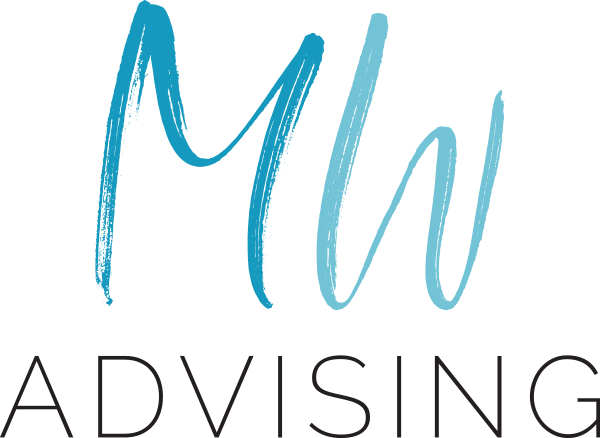This last week has been one surprise after another. A lot of surprises were not-so-fun, but even “not-so-fun” is adventurous. Bring it! The one surprise I appreciate the most is several of my clients talking about the human side of leadership. I cannot tell you how much this conversation boosted my spirits. I’ve been the director of a large operation, so I am fully aware the number one goal of any for-profit company is to make money. The tasks have got to be done. Sometimes, we don’t have time for this “shit.”. What I believe is causing the low morale I see with my clients and in my research is we are forgetting the human side to leadership…the human side to business. It was a joy to hear discussion around relationships, valuing others, people, humans first, etc. It made the craziness of the week worth everything.
There is a human side to leadership. It involves the nurturing and caring of the relationships with everyone we come in touch. Trust is key to building those relationships. People must be able to act in good faith on your words, actions, and decisions. Last week I asked the question “Can betrayal be unintentional?” The comment “I hadn’t thought about that before” came up more than I had expected. Unintentional betrayal doesn’t mean it doesn’t hurt or do damage. It does mean we have to talk about the yin side of unintentional betrayal and leadership. Doing so allows us to get back to the human side of leadership…the yang. In seeking understanding, we do not allow for poor, rude, belligerent, or even violent behavior, personally or professionally. In seeking understanding, we allow for reflection, strength, and growth. We allow a much needed space for the human side of leadership.
Harvard Business Review published a great article a in 2003 called “The Enemies of Trust.” The authors cite seven enemies of trust, but I consider these two to be the most critical: inconsistent messages and inconsistent standards. Typically, these two enemies of trust are unintentional because we aren’t thinking about inconsistencies, only getting the job done. We aren’t thinking about hurting or damaging our employees, colleagues, or organization. We are focused on our number one goal: being profitable. Over time, and with repeated action, inconsistent messages and standards breakdown trust, morale, and organizational culture. Many times, it is unintentional. Let’s take a quick peek at these two enemies, and more importantly being able to identify them in our own behavior.
Inconsistent Messages
One of the biggest betrayers of trust is poor communication. As leaders, we think we are sending consistent, relevant, and clear messages. Unfortunately, this is not the case because we aren’t thinking through our priorities or moving at such a fast pace we aren’t thinking at all. As the article states, many times we tell people what they want to hear instead of being up front and open about what is going on in the organization. I would also include not doing what we say as well as communicating with “favorites” in the organization. These actions make others unwilling to trust our words and actions over time. This behavior also makes those who work with and for us feel undervalued.
Inconsistent Standards
The article focuses on playing favorites as an inconsistent standard, and I couldn’t agree more. Nothing extinguishes morale and trust in an organization than leaders who play favorites. To be clear, we all have done or are doing this, but good leaders recognize when this is happening and work to eliminate favoring behavior. I would also include in this category of enemies, inconsistent procedures and policies. This could be applying different rules to different people, but I would add not following procedures and policies regularly. Policies and procedures are, in a way, a contract between everyone about who is going to do what when. When these contracts are “broken,” it makes it very difficult for our teams to act in good faith on our words, actions, and decisions. While I believe in creating policies and procedures that have flexibility, it is important that we work to change what doesn’t work, not just bypass an agreement.
In any organization, the people you work with are humans first. They want to be valued for their contributions. They have feelings. They have lives and journeys we know nothing about that affect them deeply. They have different reasons for wanting to be employed. Inconsistent messages and standards make our team uneasy, feel less valued, and create distrust. The human side of leadership says, “I know I have a job to do and this ‘shit’ takes a lot of time, but the human side is a critical part of my job.” The human side of leadership not only gets the job done, it makes the job, for everyone, feel extraordinary.
What does the human side of leadership mean to you? Are there other enemies of trust you would add to this list? What actions can you take this next week to be more consistent in your messages and standards? I’d love to hear from you.

